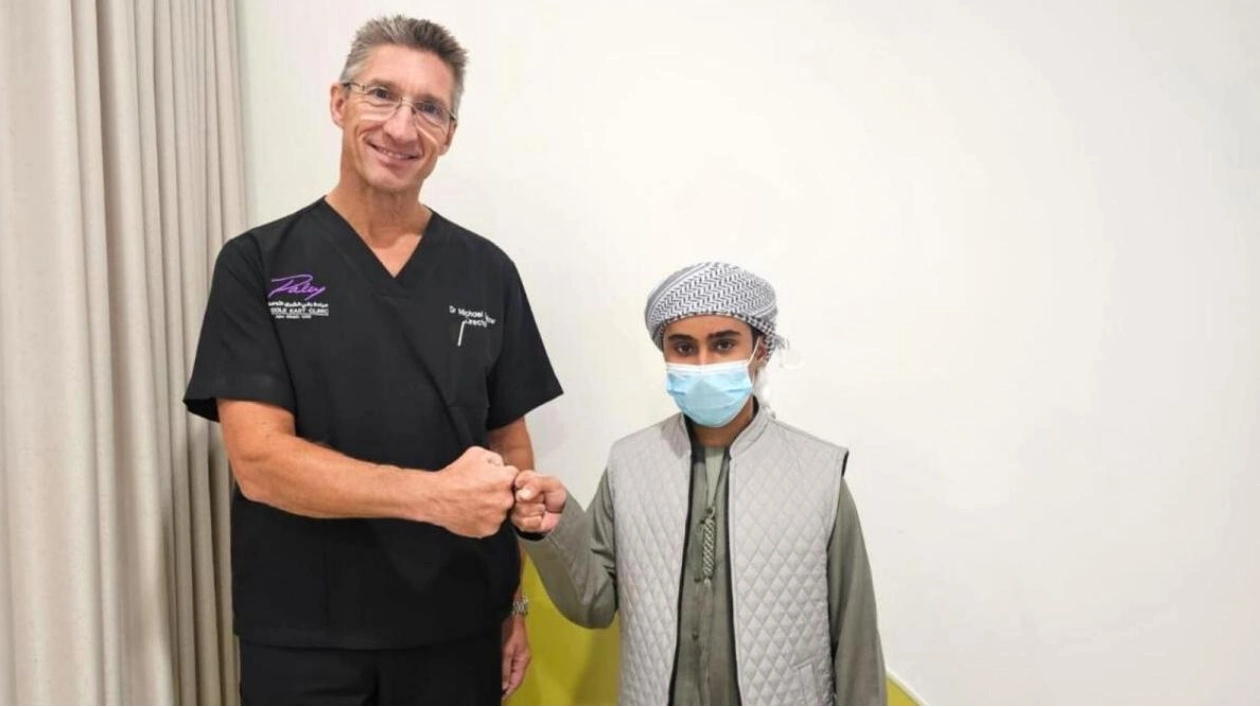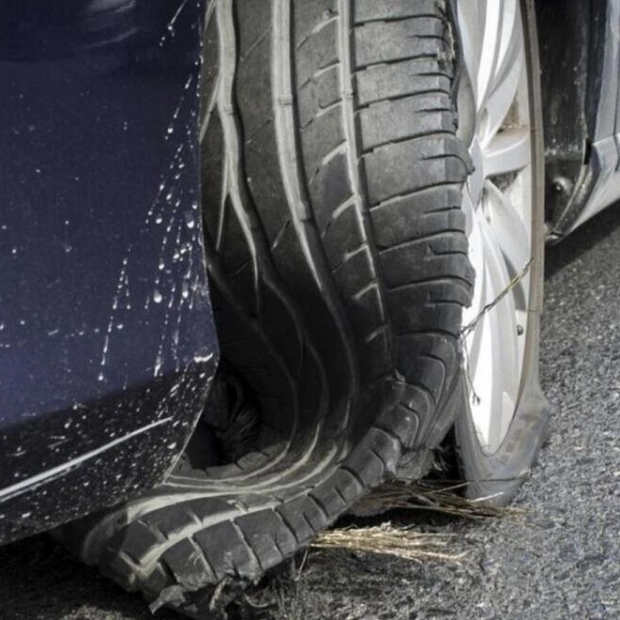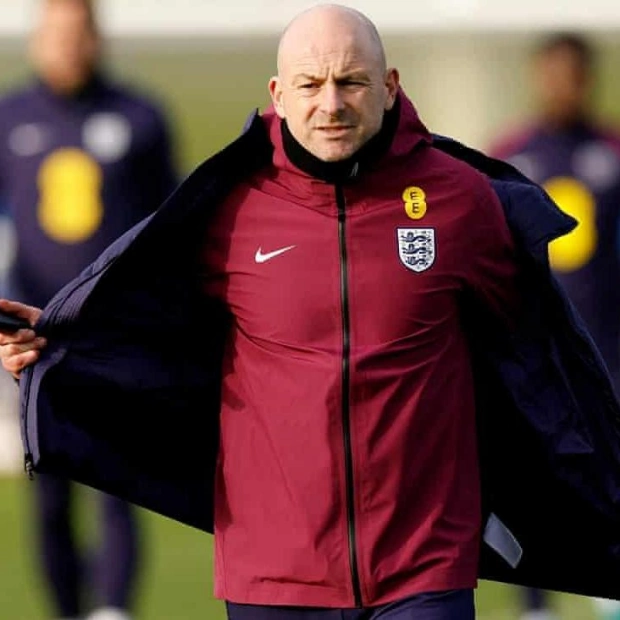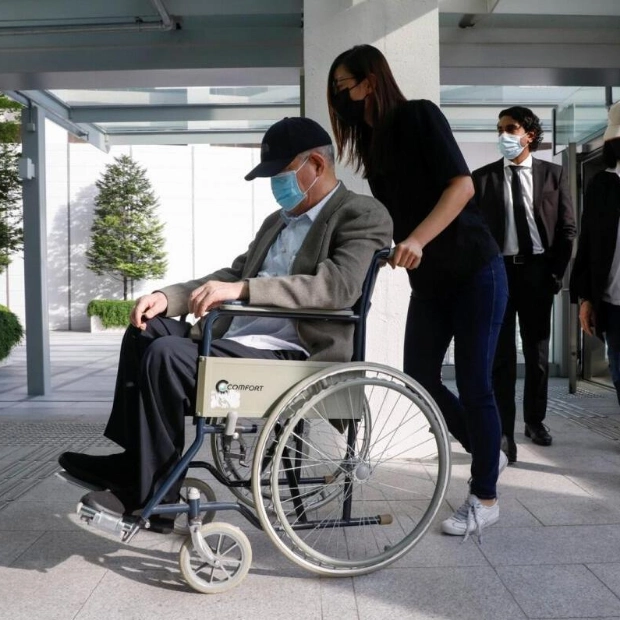Life has been a series of challenges for 17-year-old Emirati Mohamed Khamis Al Ahbabi, who has faced severe kidney dysfunction for five years, leading to prolonged bed confinement, and has undergone multiple surgeries to correct hip and leg deformities. In 2018, at the age of 12, Mohamed was diagnosed with severe kidney disease, which progressively worsened, causing leg deformities that kept him housebound. His condition improved in 2023 after he received three dialysis sessions per week, ensuring his kidney health was maintained. Despite his kidneys functioning optimally now, the deformities in his legs persisted.
Khamis Al Ahbabi, Mohamed’s father, expressed their simple wish for their son to live a normal, happy life. “We were disheartened that he couldn’t venture outside and relish the outdoors. Due to his limited mobility, he had to study remotely, which isolated him from friends and negatively impacted his academic performance and personality,” he recounted. Before seeking treatment at Burjeel Medical City (BMC), Mohamed had already undergone a minor surgery aimed at correcting his deformities, which unfortunately failed and led to more severe conditions.
Upon arrival at BMC, Mohamed was found to have renal osteodystrophy, a bone weakening condition common in kidney patients, affecting 30-60 percent of them. Dr. Michael Uglow, Director of Paley Middle East Clinic and Consultant Pediatric Orthopedic Surgery at BMC, detailed Mohamed’s condition, noting his knock knees and significant deformities in both thigh and shin bones, exacerbated by a previous unsuccessful surgery that caused slipped capital femoral epiphysis, leading to severe hip deformity and discomfort.
Dr. Uglow meticulously assessed Mohamed’s complex hip and leg deformities and recommended a series of five staged corrections spread over three surgeries, each spaced six weeks apart, to restore his mobility. “Dr. Uglow thoroughly explained the treatment plan and offered all necessary support,” Khamis shared. The surgeries successfully addressed various parts of Mohamed’s thigh and shin bones, aiming to reconstruct his upper thigh bones for proper hip joint function and realign his lower legs to restore his body’s mechanical axis.
The corrective surgeries have dramatically improved Mohamed’s condition, enabling him to walk independently. “With ongoing physiotherapy, he will continue to build strength and stamina,” Dr. Uglow noted. “We are thankful to God, Dr. Uglow, and the BMC team. Our hospital visits are now minimal, requiring only occasional follow-ups and basic medication,” Khamis expressed gratitude. With his kidney functioning well and his leg deformities corrected, Mohamed is now able to lead a normal life, although he remains at risk for osteoarthritis in his hips and requires regular joint health check-ups.






